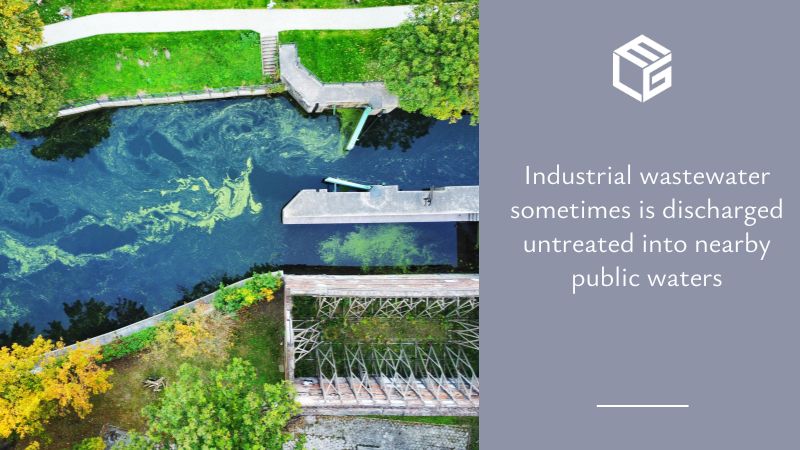Due to the discharge of industrial wastewater, toxins accumulate in aquatic sediments for years and slowly enter the groundwater
Industry accounts for 20% of the freshwater withdrawn worldwide. This water is used in production and becomes polluted. In many cases, it is properly cleaned by industrial wastewater recycling systems. However, in some areas of the country, it is discharged untreated into nearby public waters. It is not without reason that factories are mostly located near rivers, lakes, and seas. The production of all types of industrial goods creates wastewater that can be contaminated with toxic substances, including PFAS. These are only some of the health effects of drinking polluted water:
- cholera
- diarrhea
- dysentery
- hepatitis A
- typhoid
- polio
Still, if industrial waste containing PFAS ends up in public water systems, people drinking it might even develop cancer, particularly if there is a high level of these chemicals in their water supply. PFAS are carcinogens, and exposure is associated with many cancers, including kidney, prostate, testicular, liver, and bladder cancer. If your drinking water source is contaminated with PFAS, your community might be eligible to join the PFAS water contamination lawsuit and receive a part of 3M's settlement of $12.5 billion, which will cover the cost of water testing, remediation, and treatment.
Join the PFAS water contamination lawsuit with the help of our diligent attorneys
With over 30 years of experience in pursuing compensation for toxic exposure victims, our attorneys will gladly offer you a free case evaluation if your drinking water contains PFAS.
The only requirement you have to meet to become eligible to join the lawsuit are that your drinking water source must have a detectable PFAS level. If we deem you eligible, we will promptly begin working on your case. Eventually, if our endeavors are fruitful, you will receive the money you need to finally enjoy clean and safe water.
